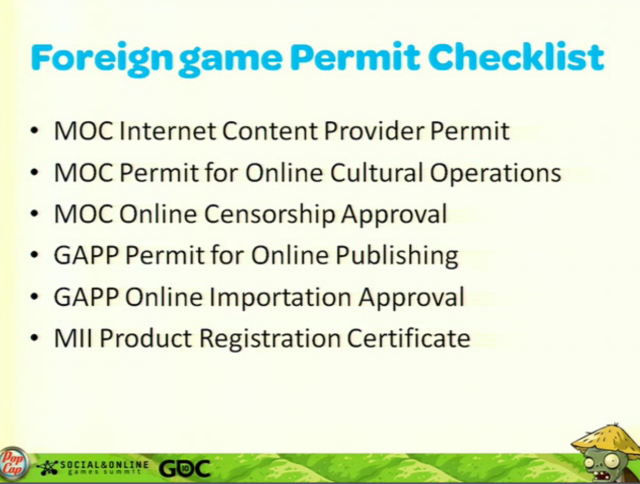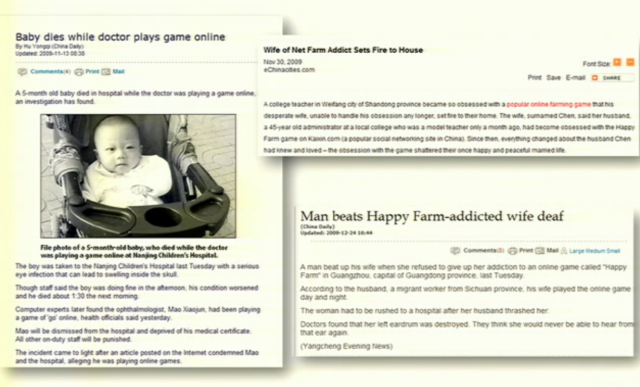When Microsoft opened its wallets in 2014 and traded $2.5 billion for Mojang, the public by and large nodded their heads in agreement. Right, the makers of Minecraft. Those dudes are worth a lot of money.
But any doubters who questioned that sky-high valuation saw a new feather drop onto Microsoft’s cap this week: Minecraft‘s PC and smartphone versions are finally coming to China. On Friday, Microsoft and Mojang announced the beginning of a “five-year exclusive partnership” with Chinese software publisher NetEase, Inc to roll the game out onto Chinese computer and smartphone marketplaces.The game’s Chinese rollout date and release details have yet to be announced, and neither company confirmed how much money exchanged hands for the deal.
China isn’t hurting for games originally published in the West, but Minecraft is arguably the world’s most popular video game. Microsoft was able to publish the game on Xbox One consoles late last year, but those consoles have yet to penetrate the Chinese market to the extent that PCs and smartphones have, and the fact that even Microsoft had to license the game to someone else as opposed to launching it from its own Shanghai campus is a stern reminder of what roadblocks stand in the way of Western software developers.
“The most challenging aspect of doing business in China by far is dealing with the government,” former PopCap executive James Gwertzman said at the 2010 Game Developers Conference (which I covered for a prior employer). There, he gave one of the most comprehensive speeches in recent memory about trying to launch Western games in the communist, regulation-heavy nation.

Game publishers must acquire a combined six permits to launch a game in China, and most of those permits cannot be acquired by foreign-operated companies. As a workaround, Gwertzman suggested to the GDC crowd that interested companies should “work with a local partner… or marry someone from China and let them open the domestic company. That’s a common approach.” In the case of his prior role as a PopCap executive, Gwertzman clarified that “we can’t be a publisher in China as a foreign company—we have to be a developer working with local publishers.”
Microsoft is presumably in the exact same regulatory boat, and its choice of partner is telling; NetEase already has a major Western-gaming reputation thanks to its partnership with megawatt game makers Blizzard. The company currently handles Chinese publishing duties for every major Blizzard video game, and it will soon publish the company’s next major shooter title, Overwatch.
Coming soon: Bad press about the name “Steve”?
Six years ago, Gwertzman’s speech foretold a battle that Microsoft and NetEase may soon face as they roll an official Minecraft game out to China. It starts with government regulations.

“Whenever the government is about to regulate something in China, you start to see a lot of scary articles appear in the press first,” Gwertzman said. At the time, he was talking about a rise in social-network gaming on sites like RenRen. The country’s state-run press negatively covered those kinds of video games, complete with horror stories about dying children. Soon, the government instituted rules banning certain behaviors in those games, including “stealing” of in-game items from other players and mafia-styled game concepts.
But in a recent phone interview with Ars, Gwertzman guessed that Minecraft will probably avoid such undue attention with its upcoming launch. “Minecraft is on the good side as it encourages teamwork and learning,” he said. “I see Minecraft as the perfect example of a game that will receive public support [in China].”
Even though six years feels like eternity in media and pop culture, Gwertzman’s speech still stands out because of China’s snail-paced changes regarding media regulation. Rules about permits and locally run businesses have not evolved much, as companies like Netflix can attest to, while the only major change to the game-specific side of regulation has come in the form of a lift on the country’s infamous ban on consoles (though that lift still came with many strings attached).
Now the CEO and co-founder of back-end tech provider PlayFab, Gwertzman says most of what he said in 2010 still applies. The major caveat is that game publication has become a lot smoother thanks to fewer regulations to publishing on mobile platforms such as the App Store. That said, he continues to believe “larger” games with giant multiplayer communities are more likely to be “looked at carefully” by the government.
“You need a local partner in China,” Gwertzman told Ars. “NetEase is on the shortlist of big publishers working with Western companies, and Tencent is another one of the giants. There aren’t a lot of others. It makes sense that Microsoft would look for a partner, and it speaks to how complicated the Chinese market is. Microsoft has one of the largest presences in China of all Western companies, yet in spite of that huge presence, even Microsoft has to establish a partnership like this.”
China’s mix of Internet café culture and smartphone-gaming popularity will probably prove a smooth fit for a series like Minecraft, but the nation’s longtime predilection for microtransaction games (as opposed to full-license purchases) makes the core game a slightly harder sell. Expect the Chinese version of the game to either require a subscription for online access or to place a huge emphasis on paying for its “skins” and costumes. Additionally, Gwertzman points to local-culture conversions as a major factor in a Western series selling well in China, saying that PopCap’s Plants Vs. Zombies didn’t “take off” overseas until it was launched in a “Great Wall” edition.
This article has been updated to reflect the 2015 launch of Minecraft on Chinese Xbox One consoles.
Microsoft has finally found a legal path to publishing Minecraft on Chinese PCs